The library of the Redemptorist Seminary in Hennef-Geistingen
The Redemptorist Congregation (CSSR) was founded by Alfons of Liguori (1696-1787) in 1732. In 1859, the Lower German Province (today the Cologne Province) was established. The order opened a seminary and college to train new priests in 1861 in Maria Hamicolt near Dülmen in Westfalen which, after being closed during the “Kulturkampf” in 1872, were re-opened in Trier in 1898. In 1902, the college moved again to a newly built residence in the community of Geistingen in Siegtal, which was incorporated into the municipality of Hennef after 1935. Despite official recognition as a philosophical-theological academy in 1982, the college closed its doors in 1996. Also the educational activities which primarily served the training of new priests were discontinued. The building continued to be used by the Redemptorists for schoolings, retreats, and conferences until January 2006, when it was sold by the order for lack of members. According to Klaus Graf, the collection of manuscripts and incunabula is now in the possession of the Redemptorist monastery Heiligenstadt, while some 12,000 more recently published (i.e. after 1850) volumes went to the congregation’s own Academia Alfonsiana in Rome. The greatest part of the books, however, was sold off through online auction via EBay starting in December 2005.
In 2006, the library of the Monumenta Germaniae Historica was able to acquire around 200 volumes thematically related to medieval history. The books purchased are largely editions of patristic and ascetic texts or research publications of the 19th and 20th centuries, but also include a number of works of late medieval authors printed during the 16th to 18th centuries unavailable in more recent editions. The oldest such title is Erasmus of Rotterdam’s Cyprian edition (Basel: Froben 1521 = VD-16 C 6508). Thus, these books of the 19th century Redemptorist library are now part of the contemporaneously founded MGH library and provide a valuable enrichment to our Late Medieval history collection which, being a relatively recent area of research, was hitherto quite underdeveloped.

